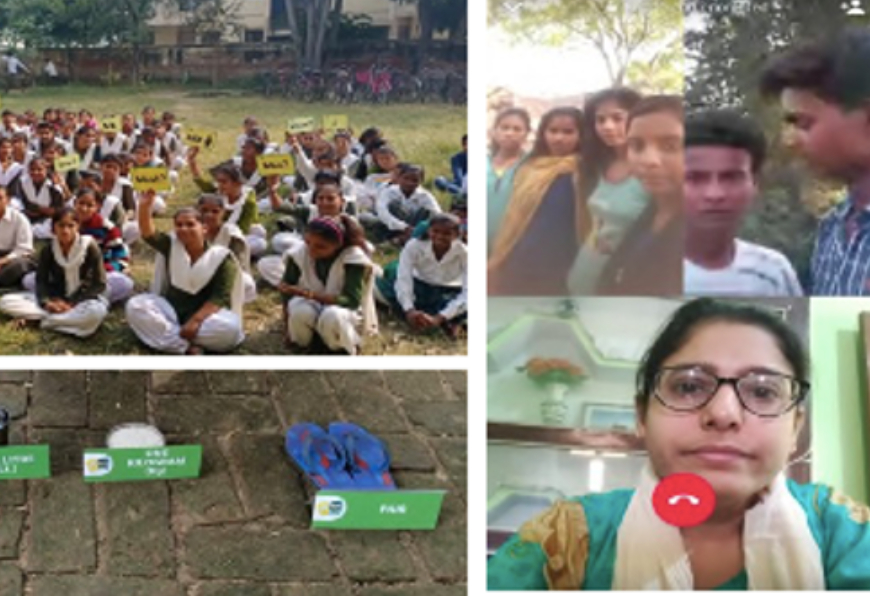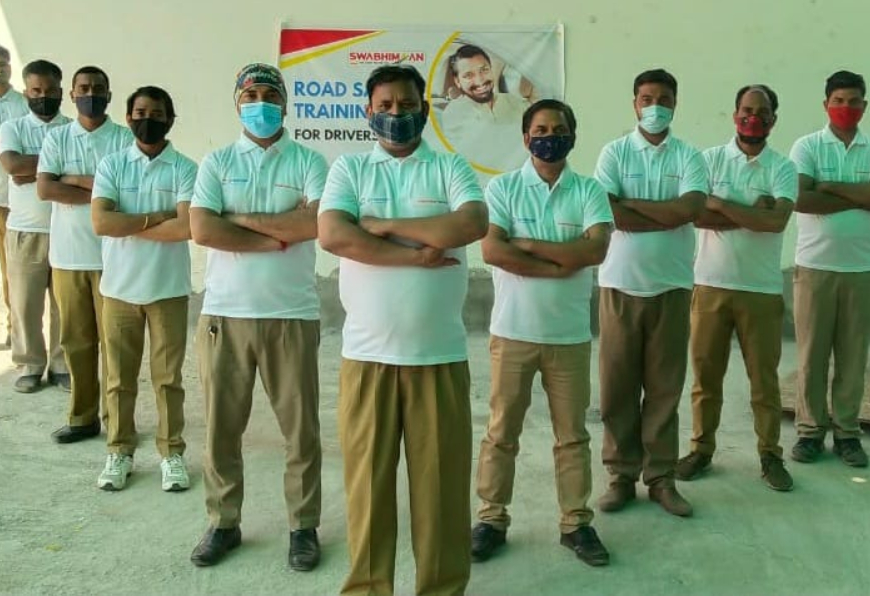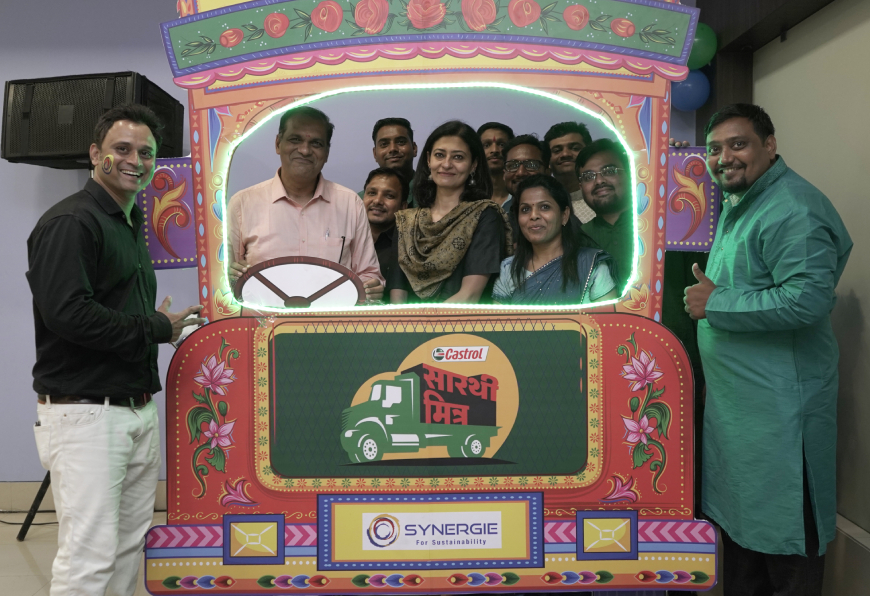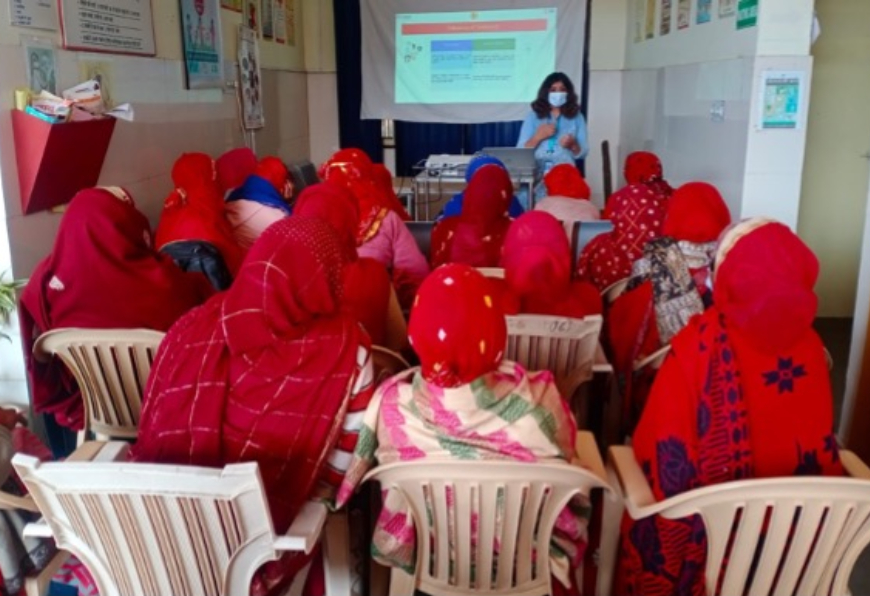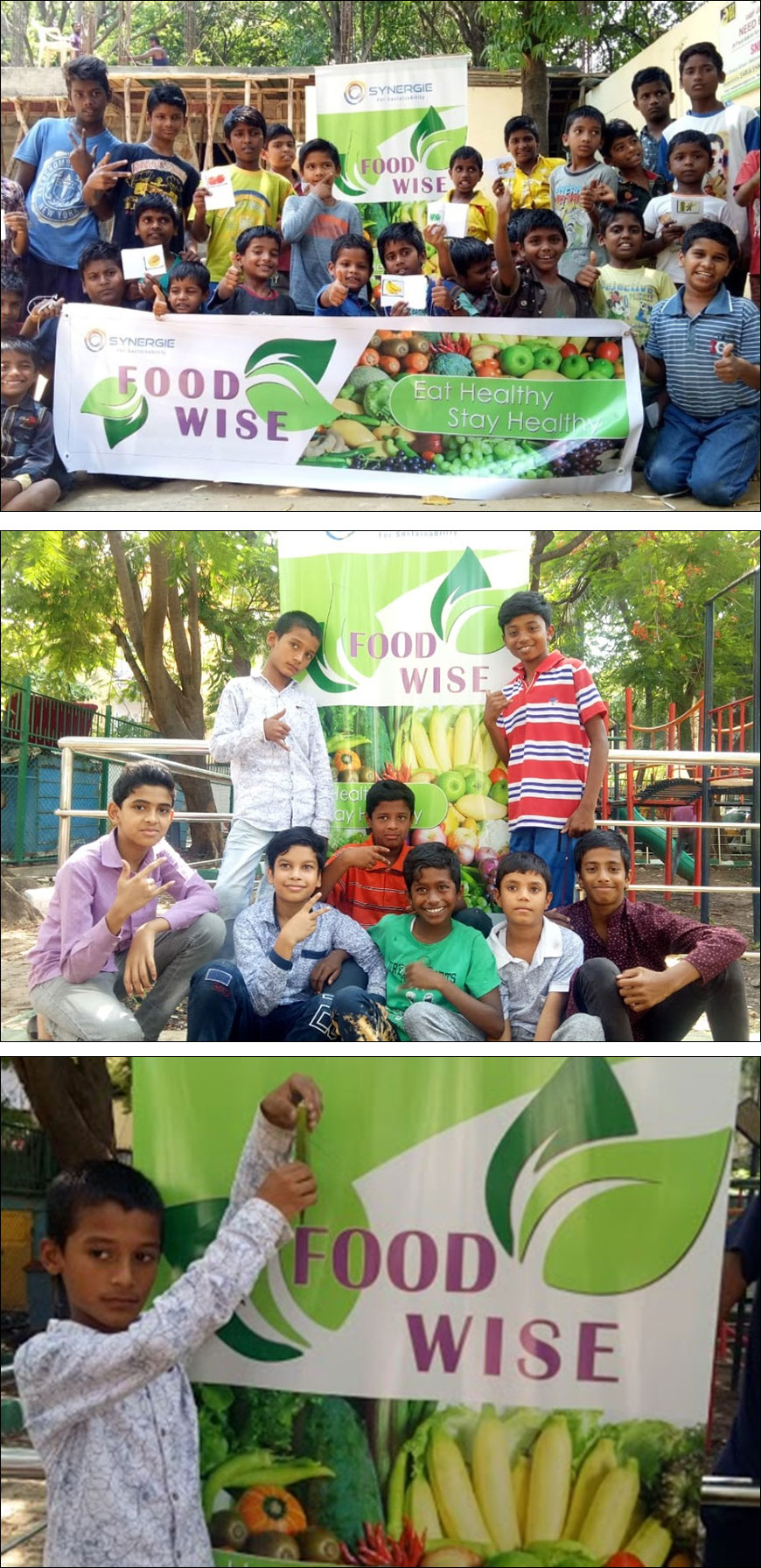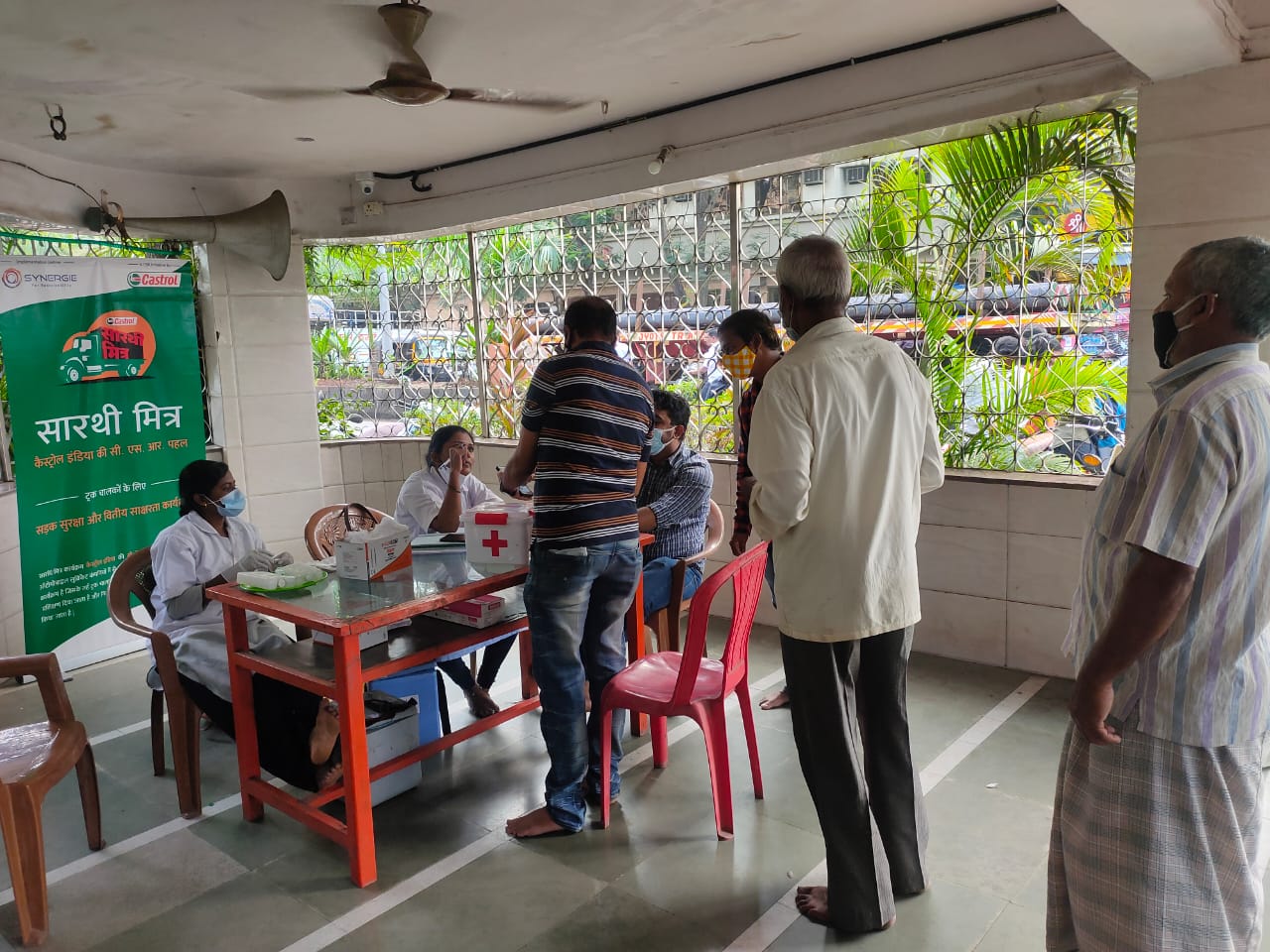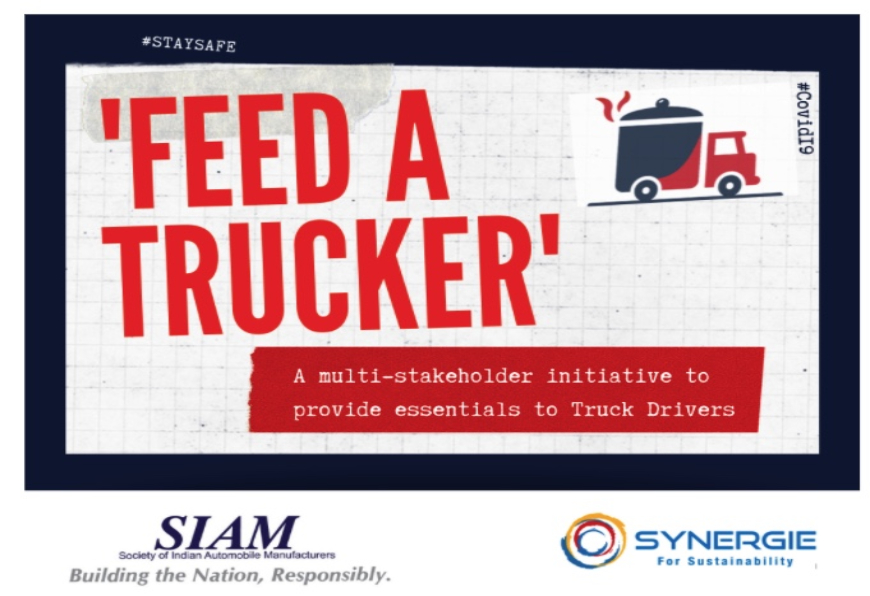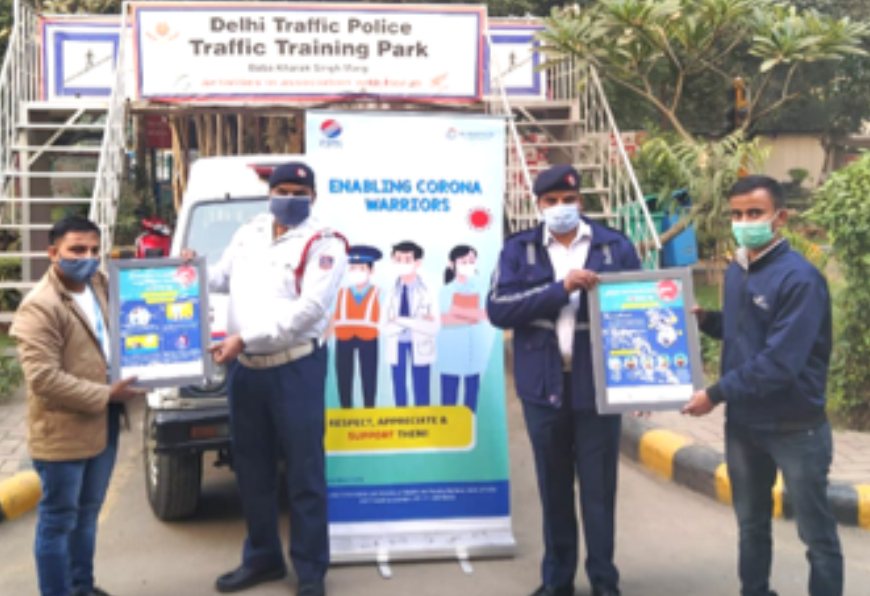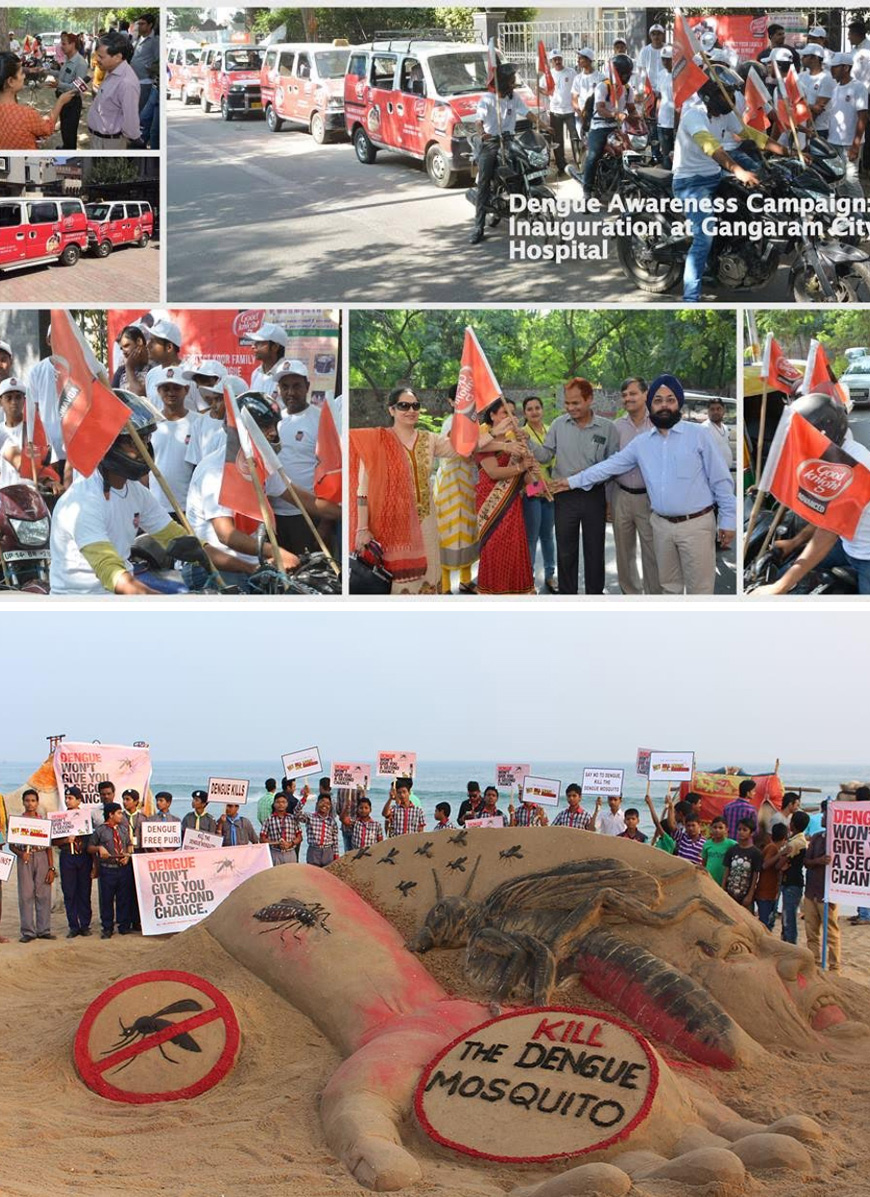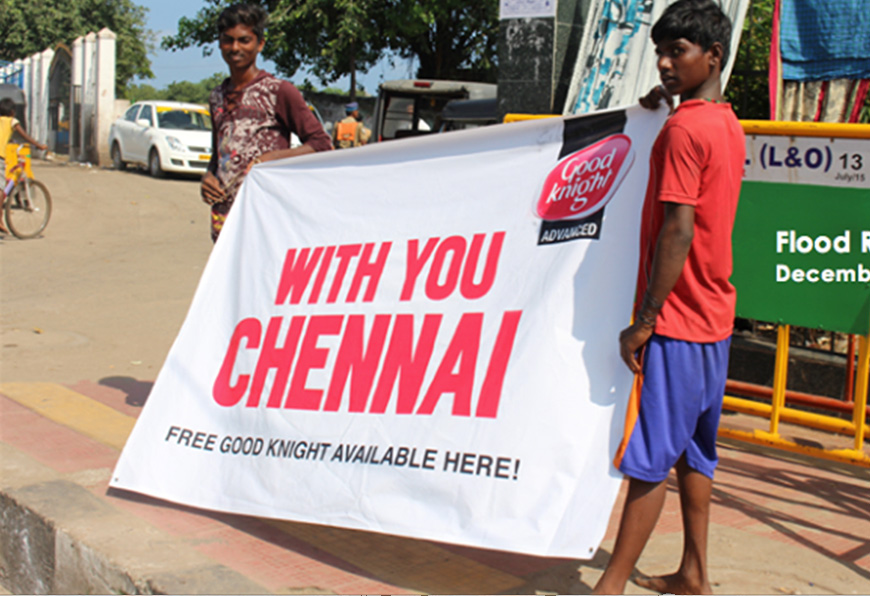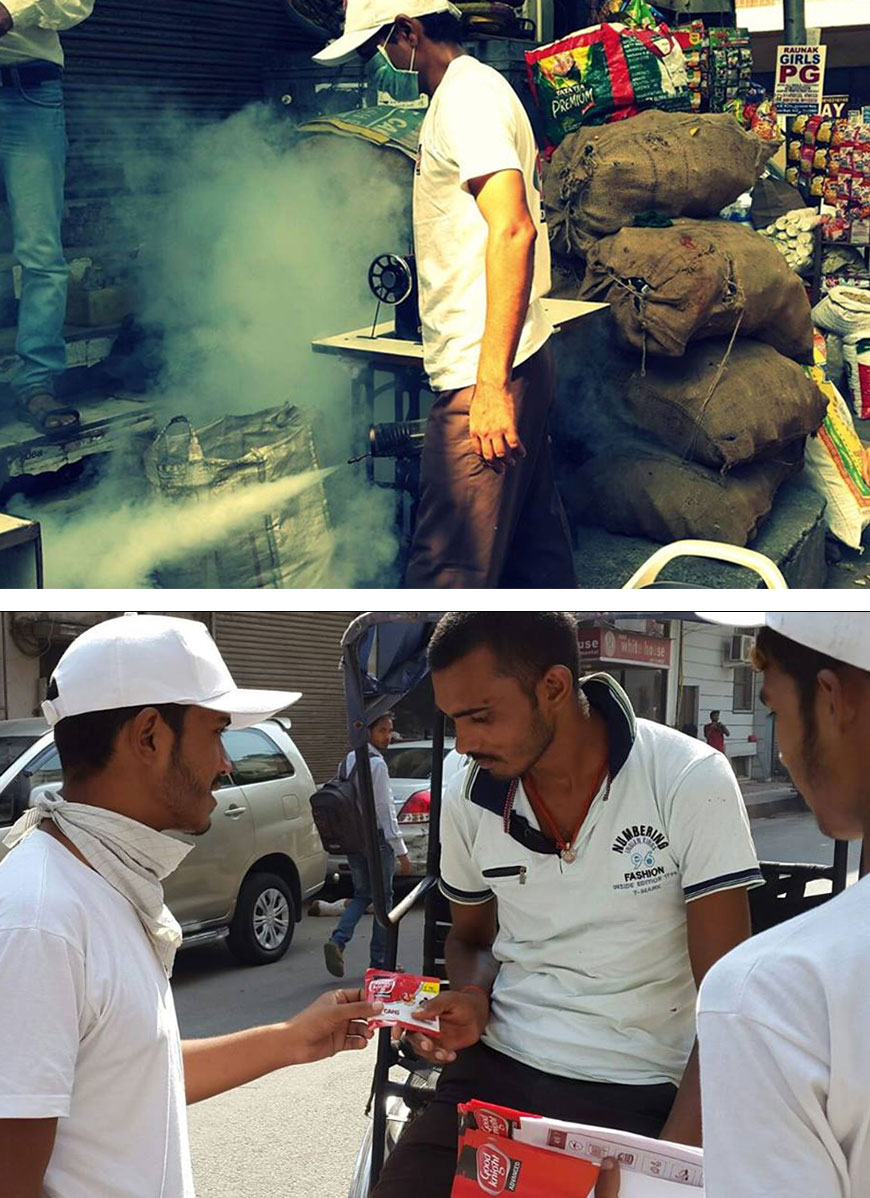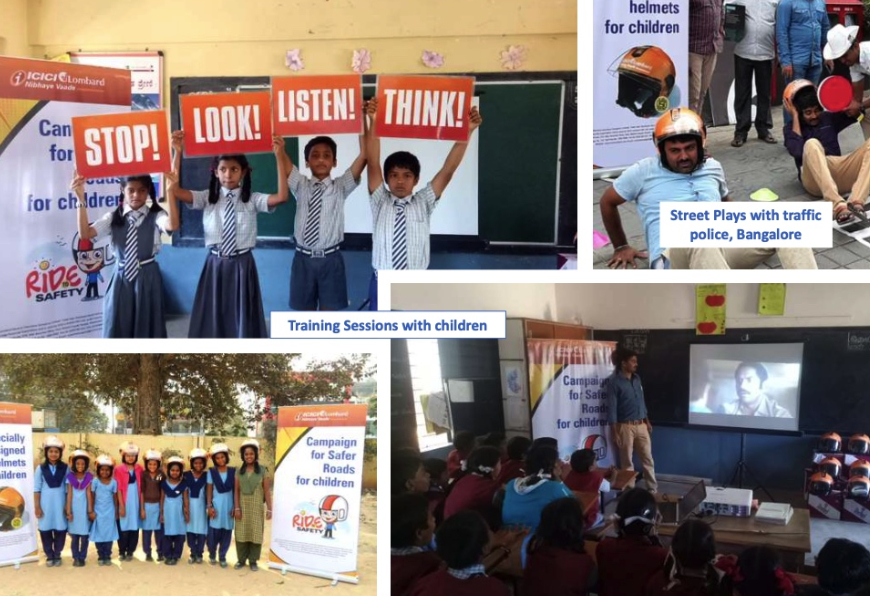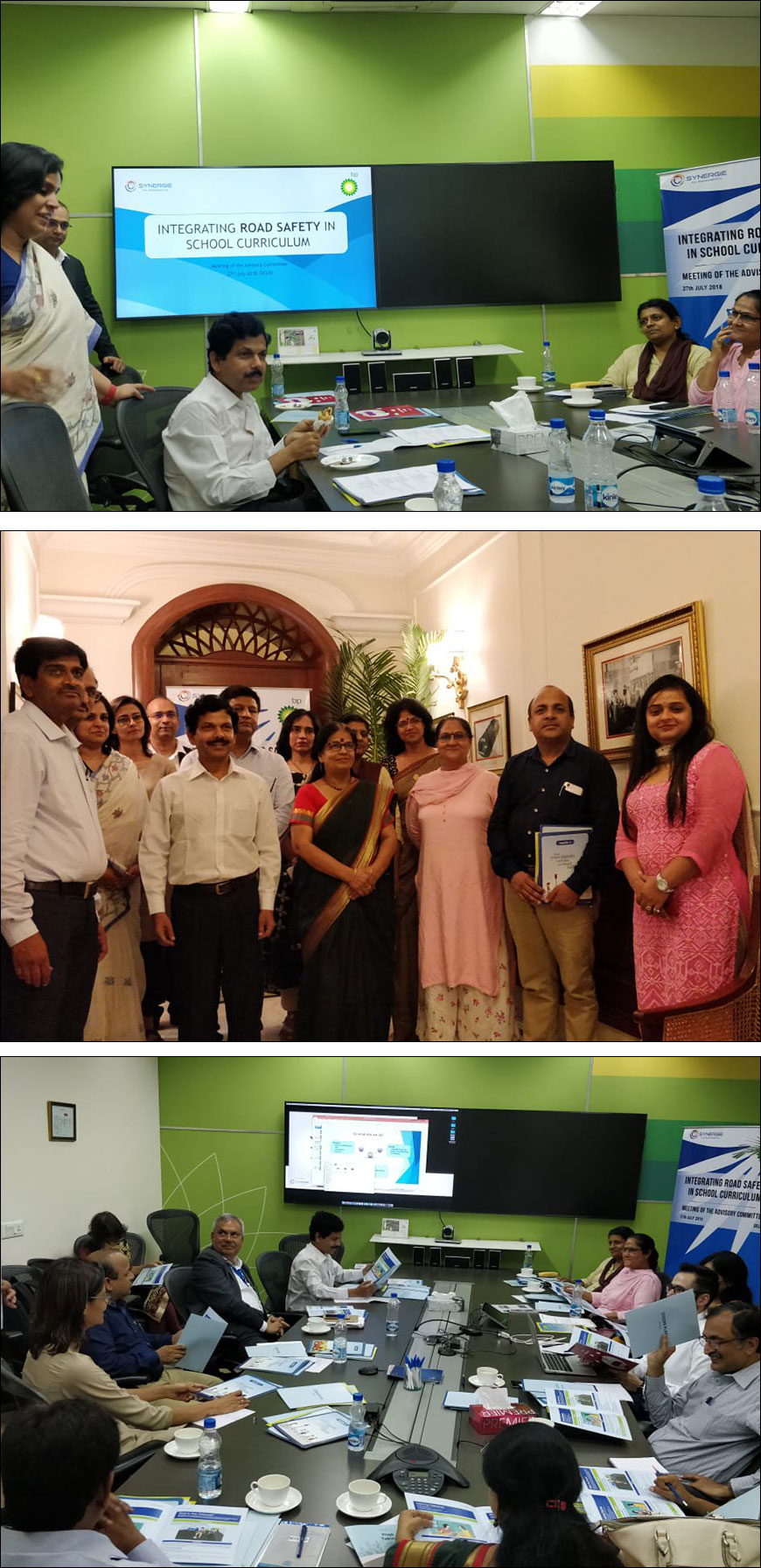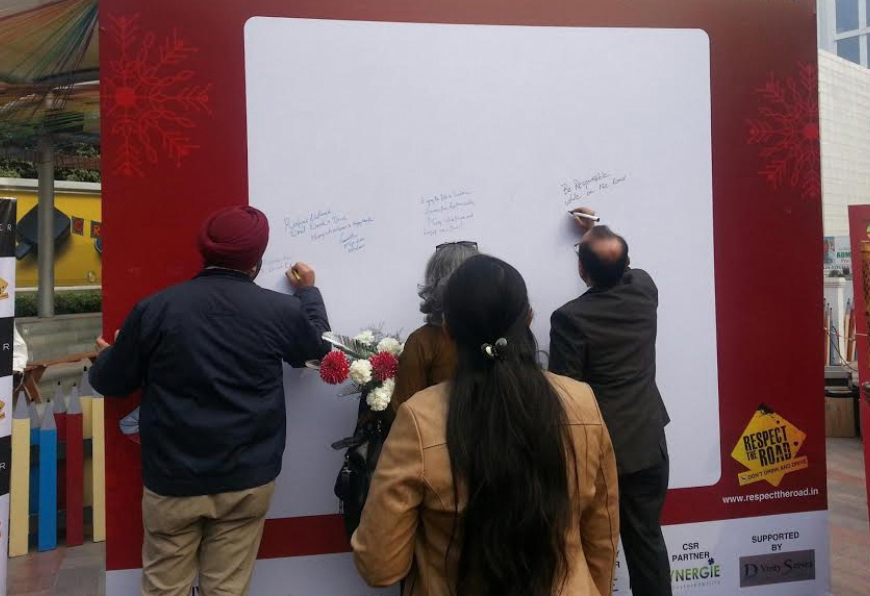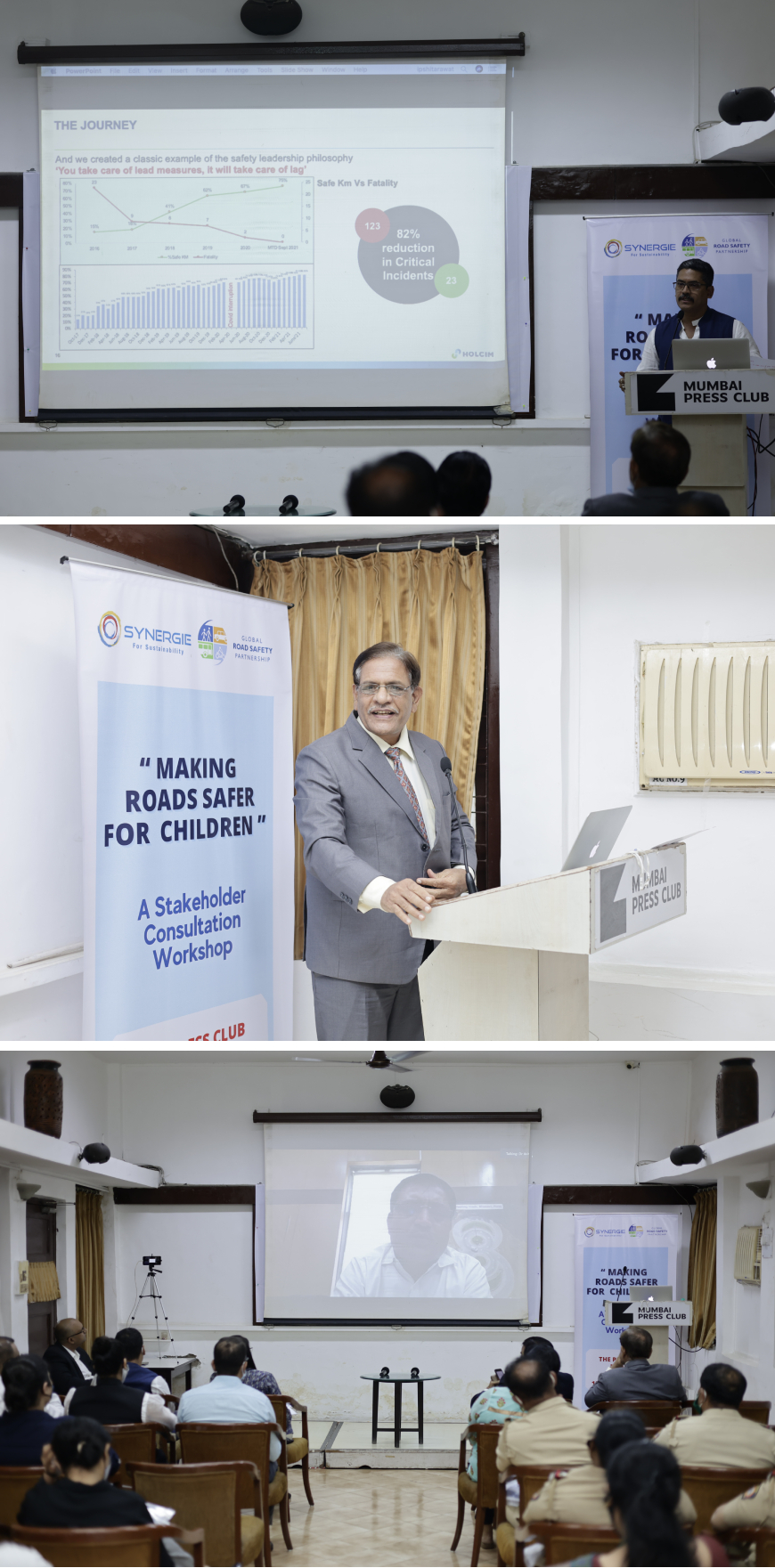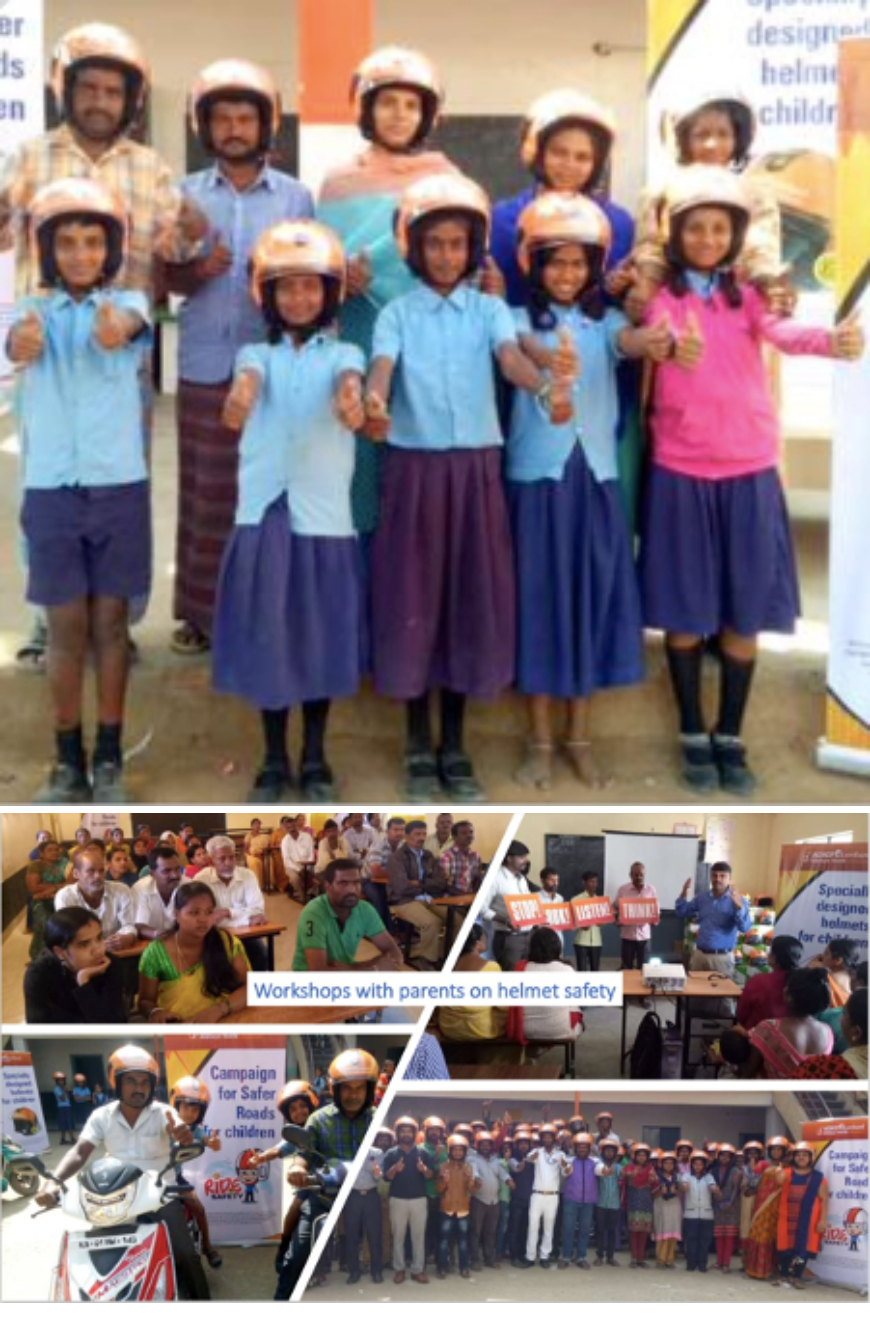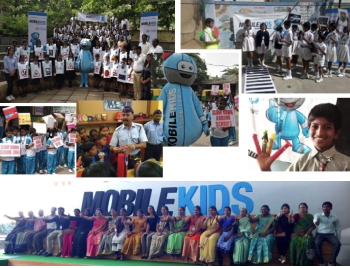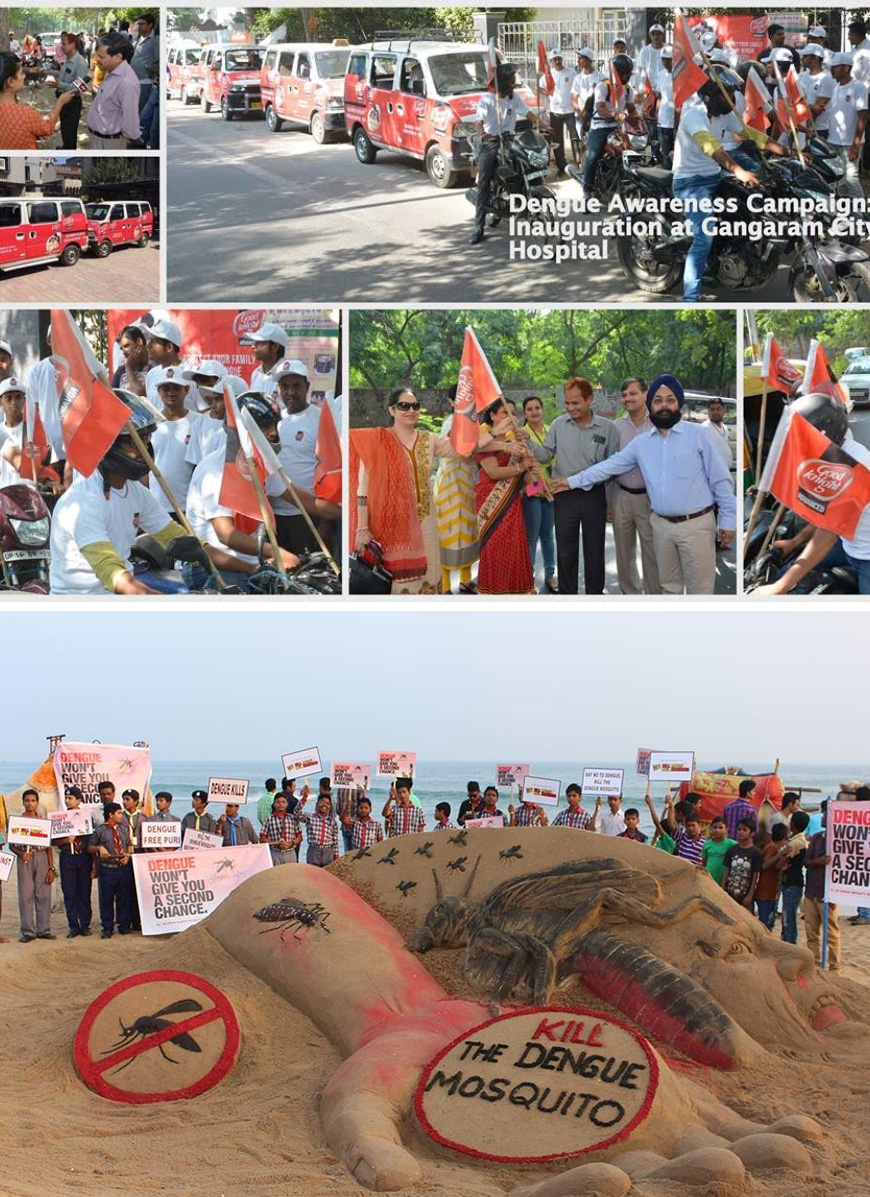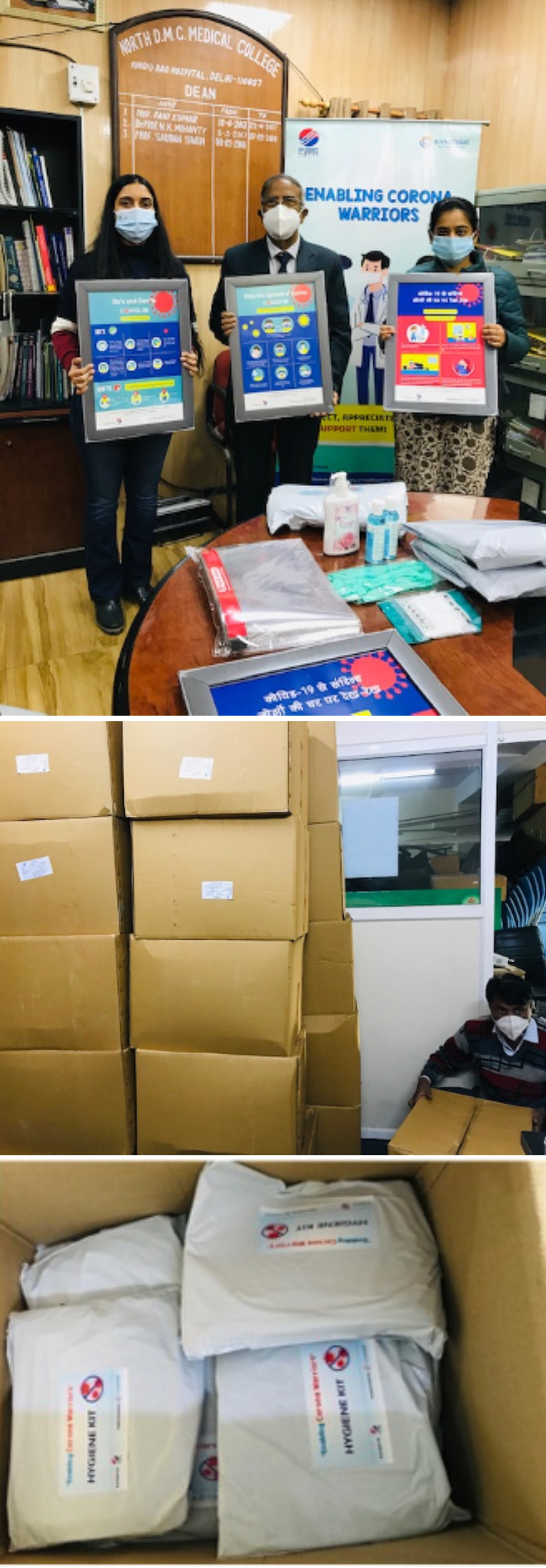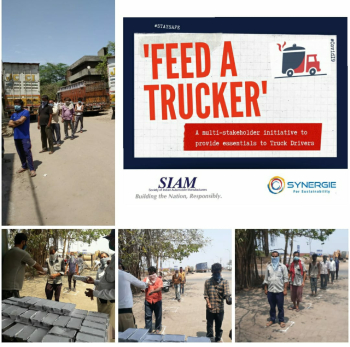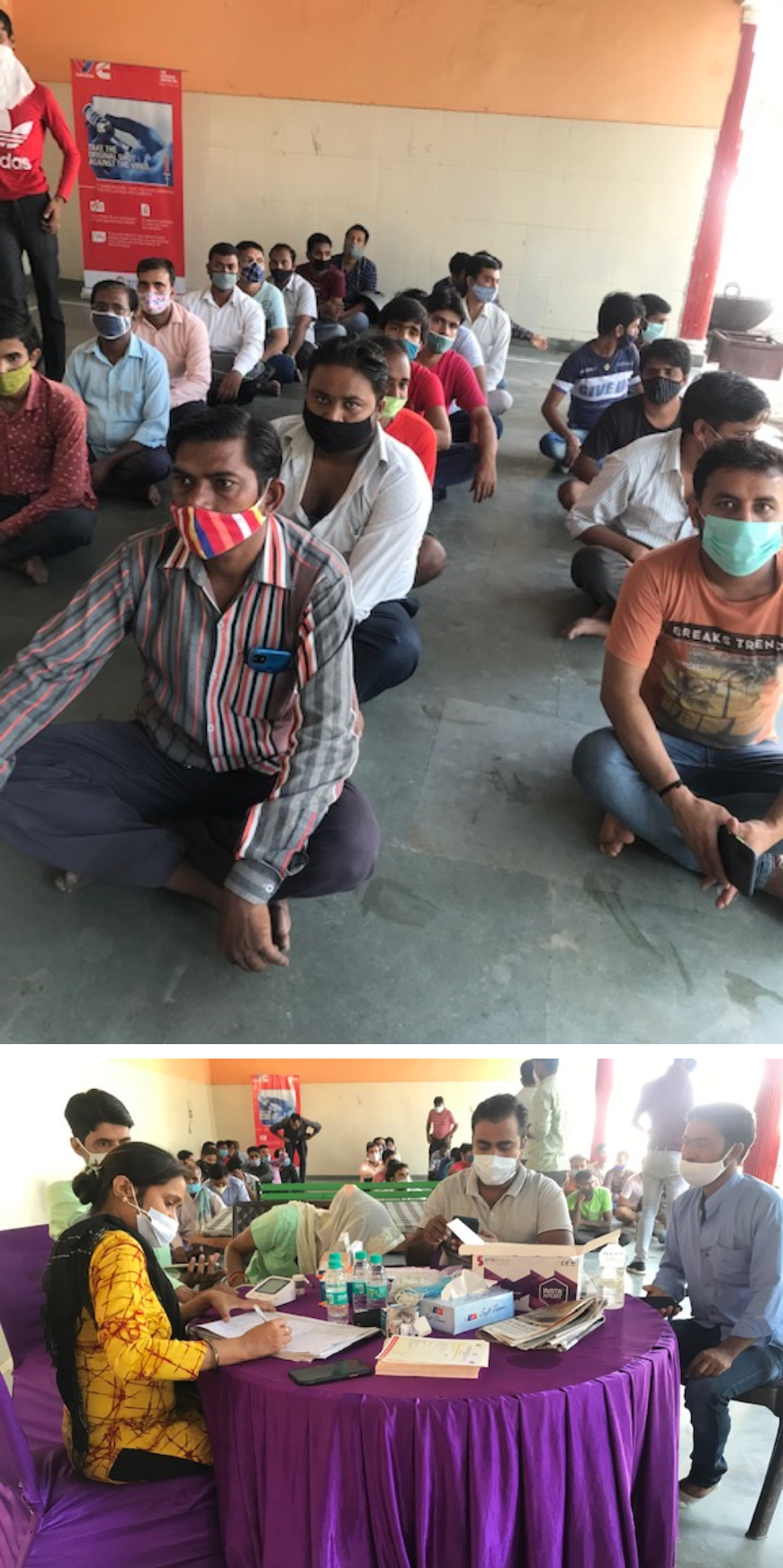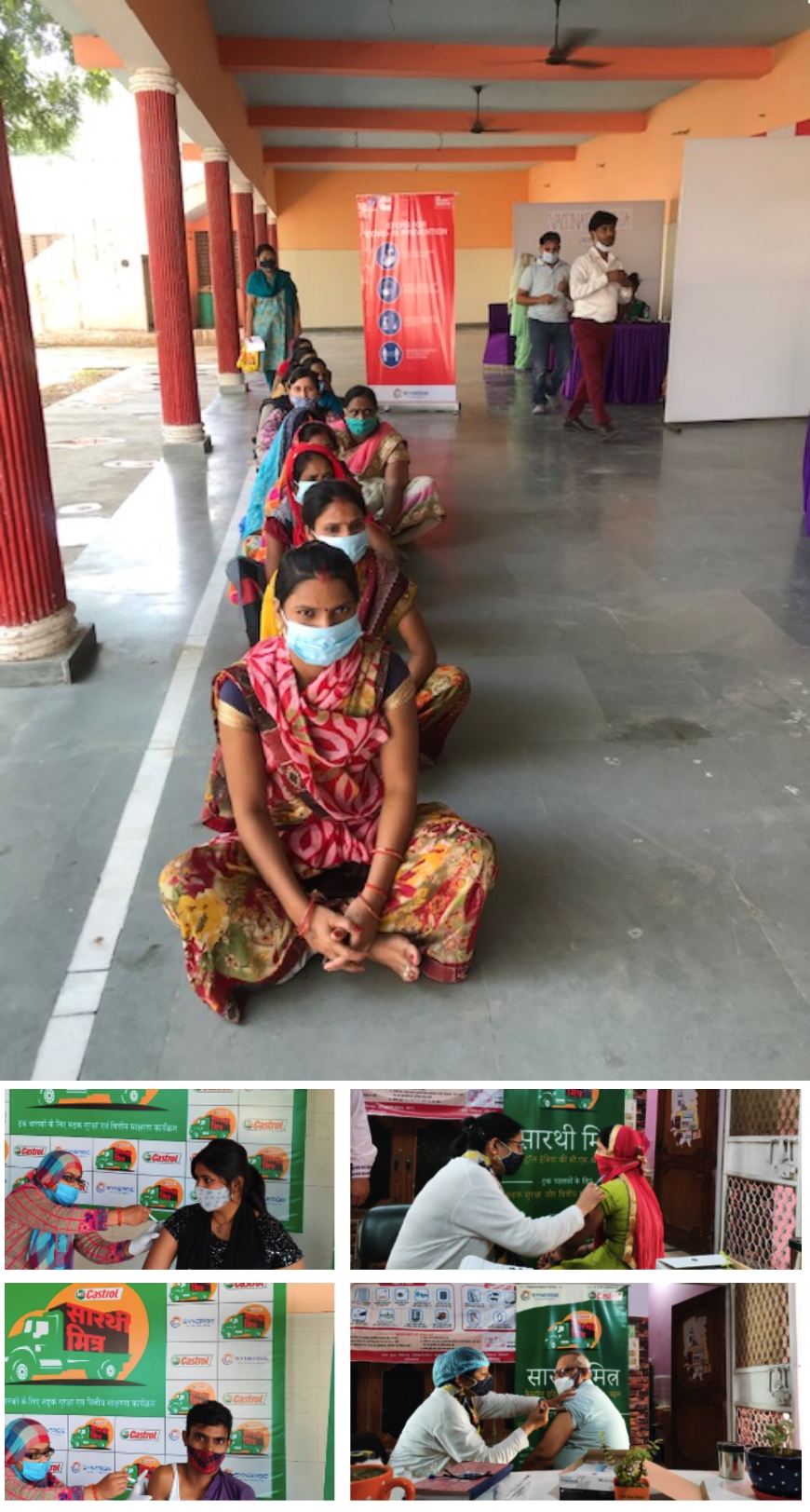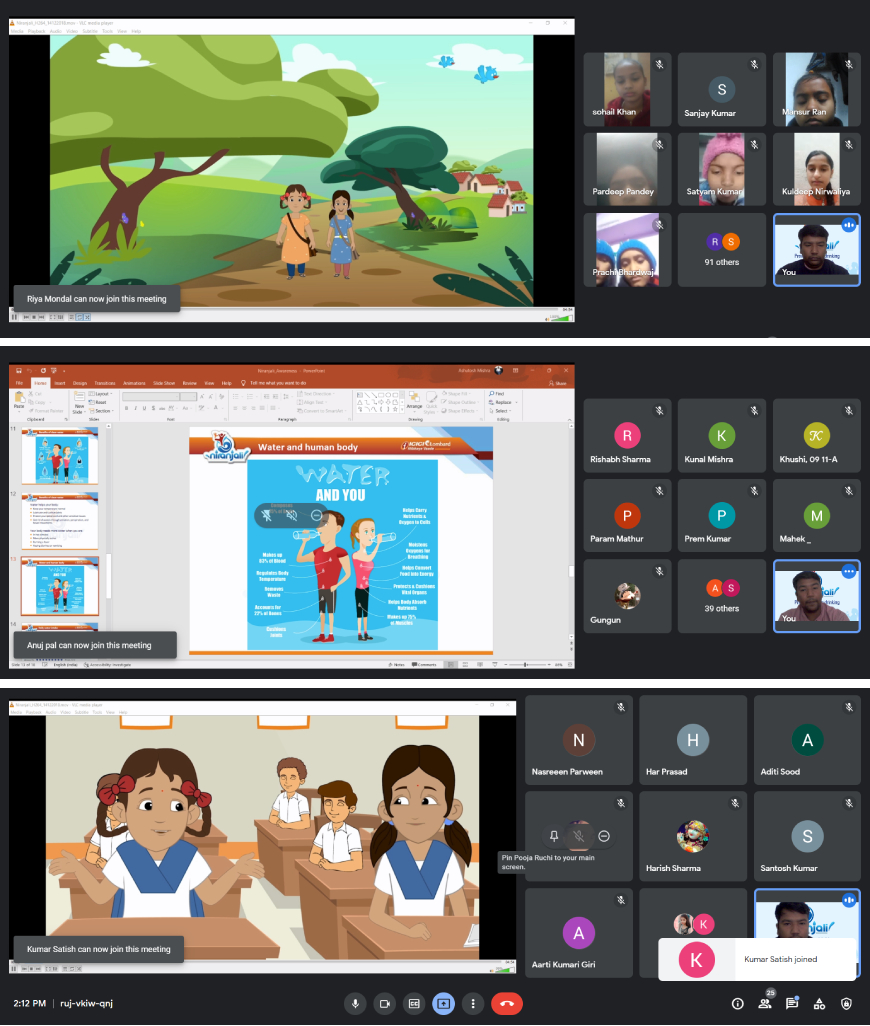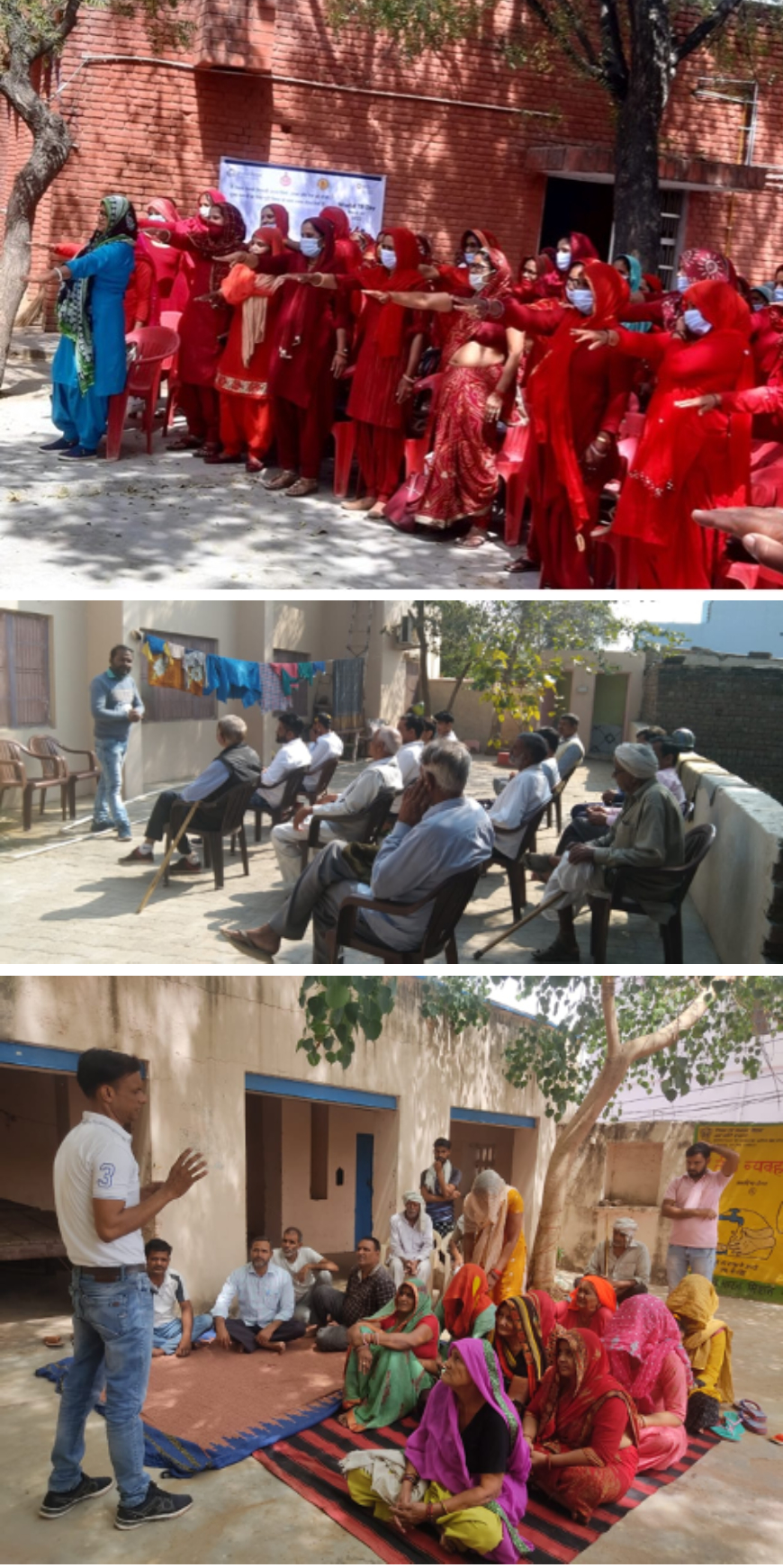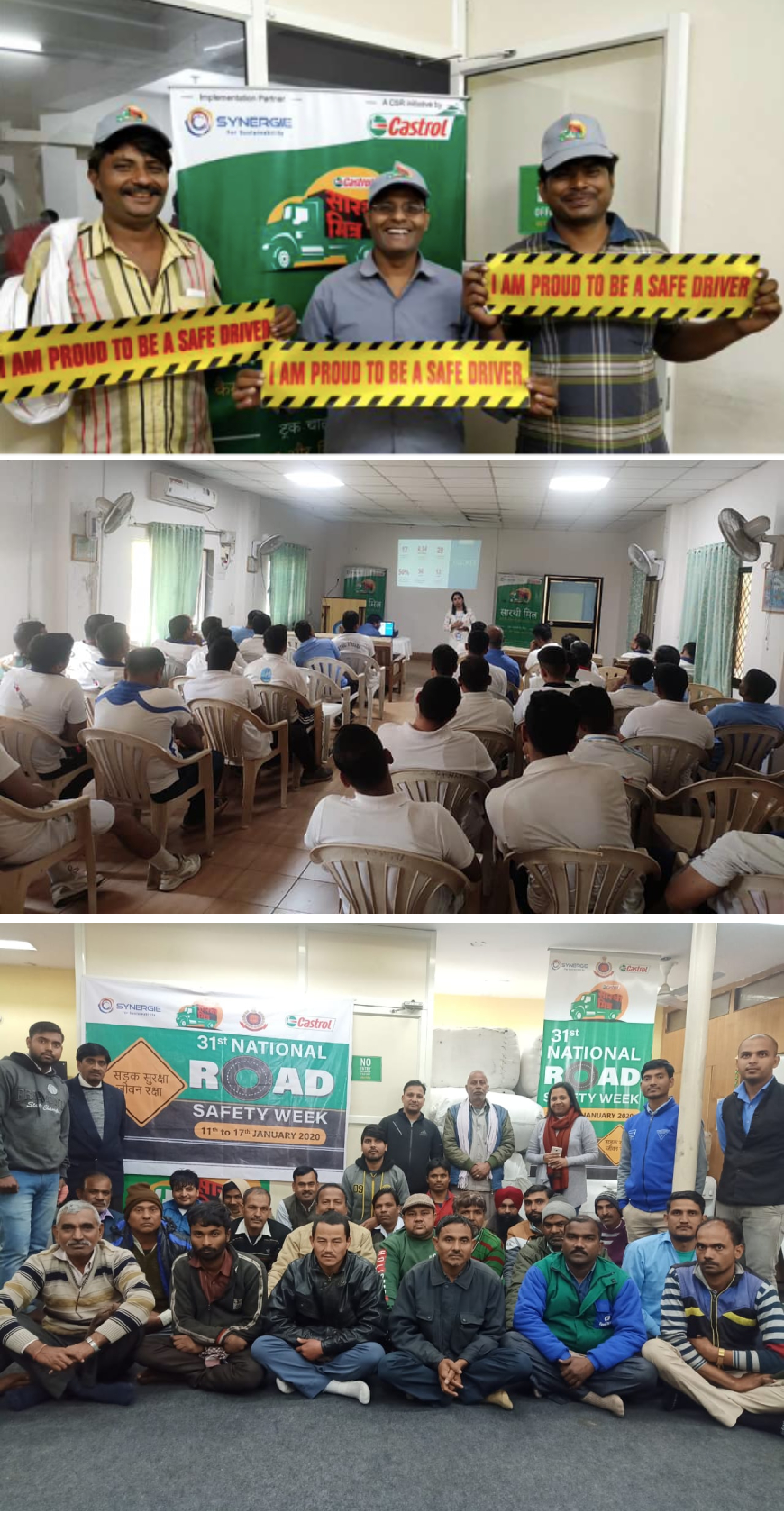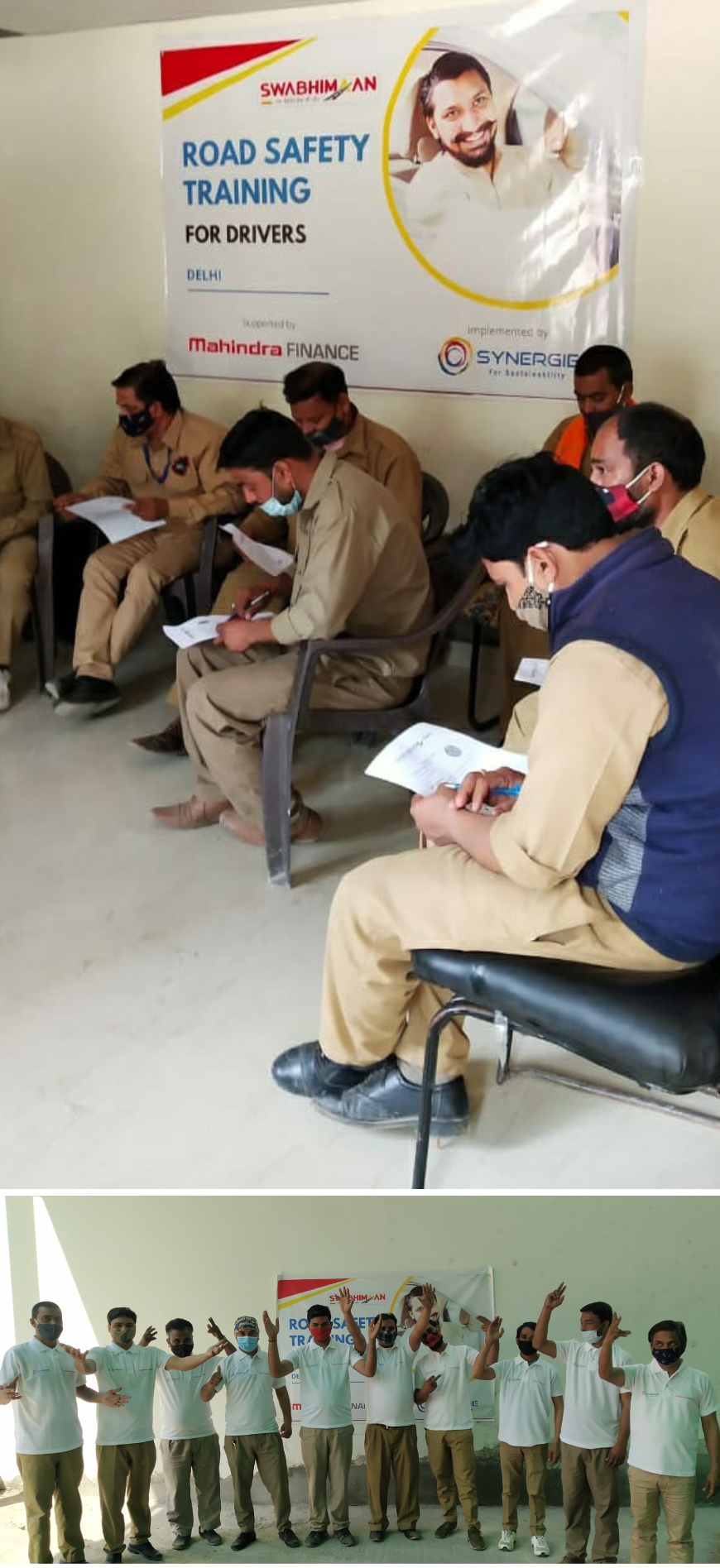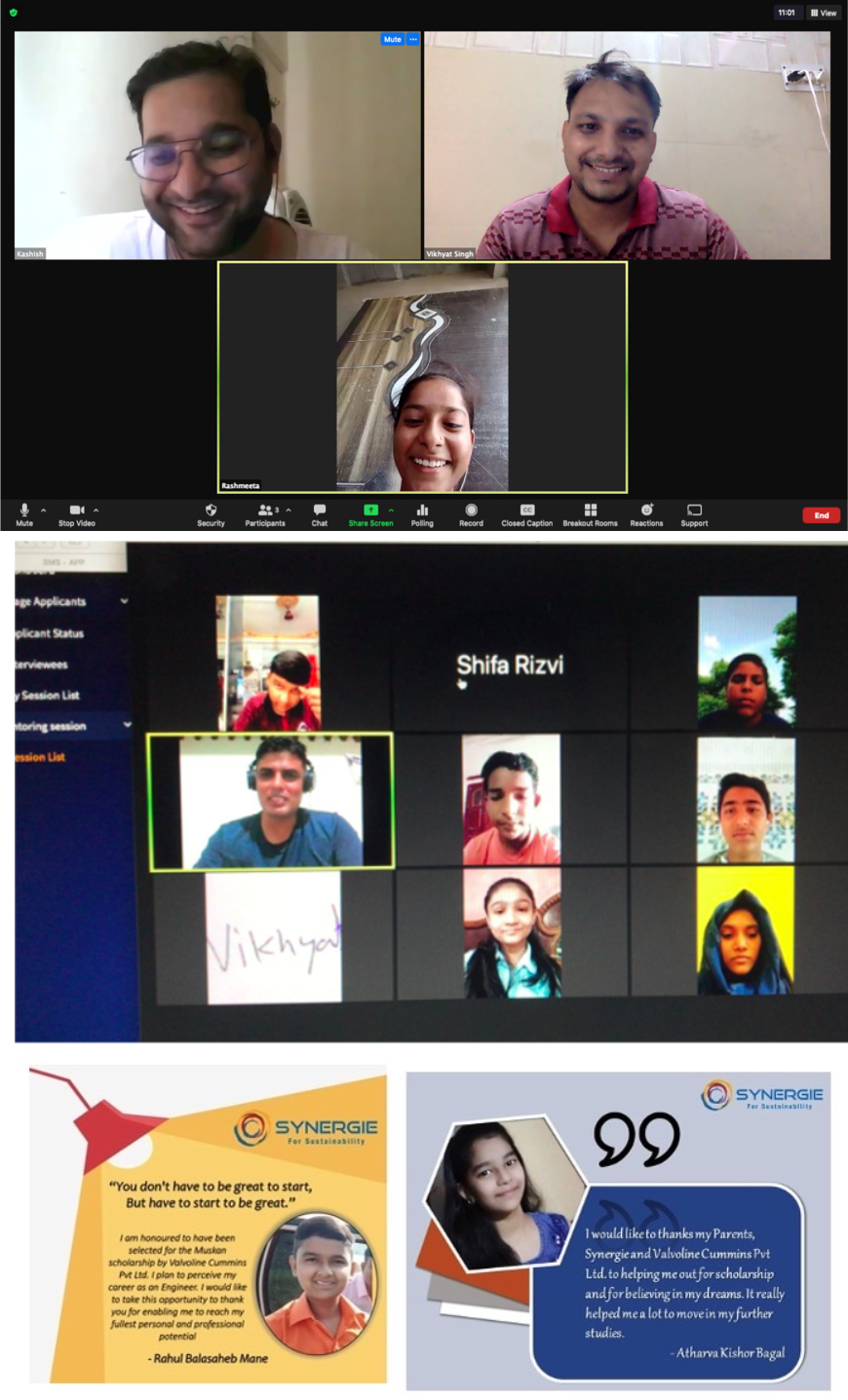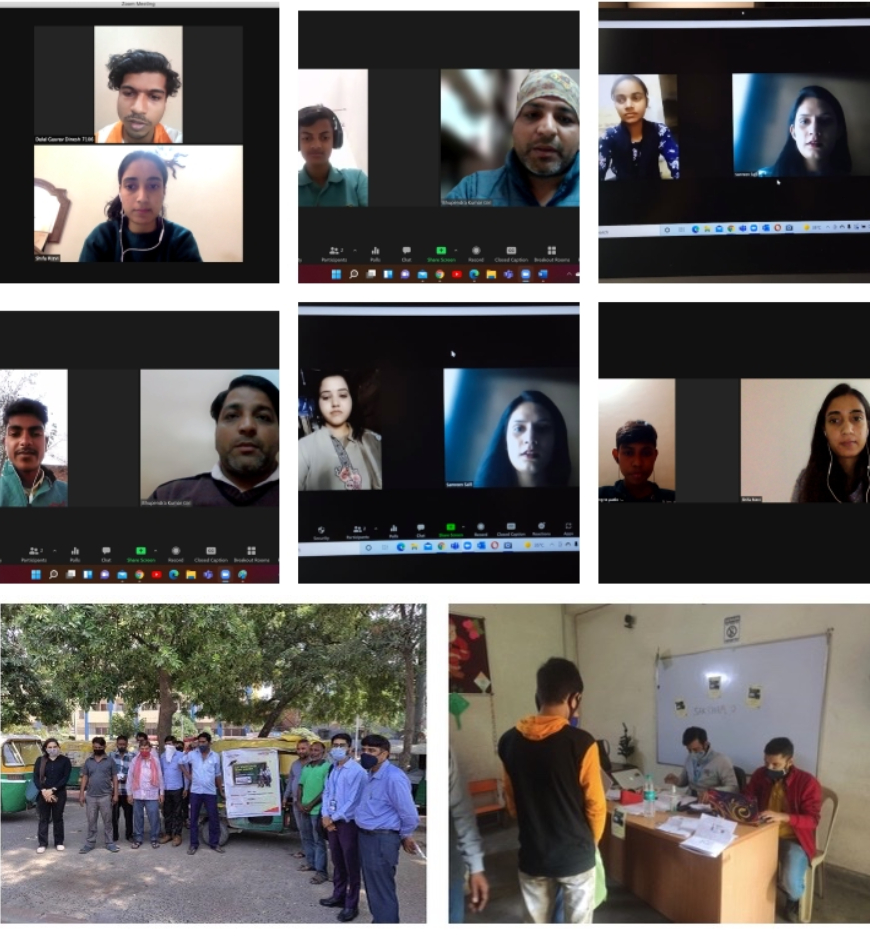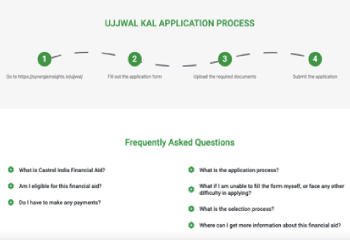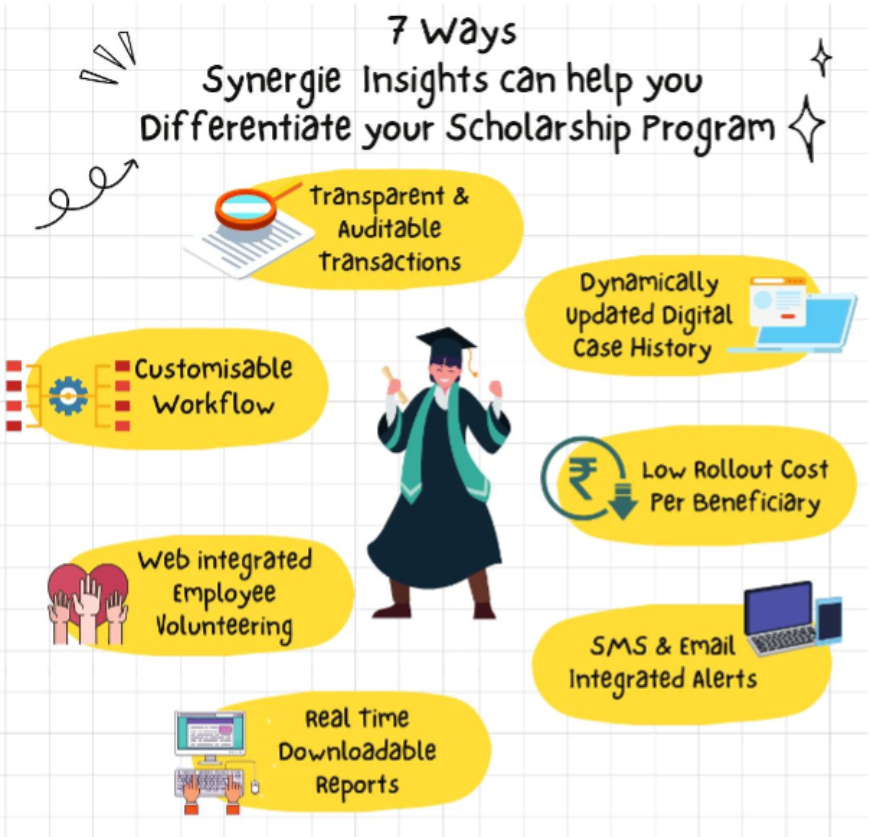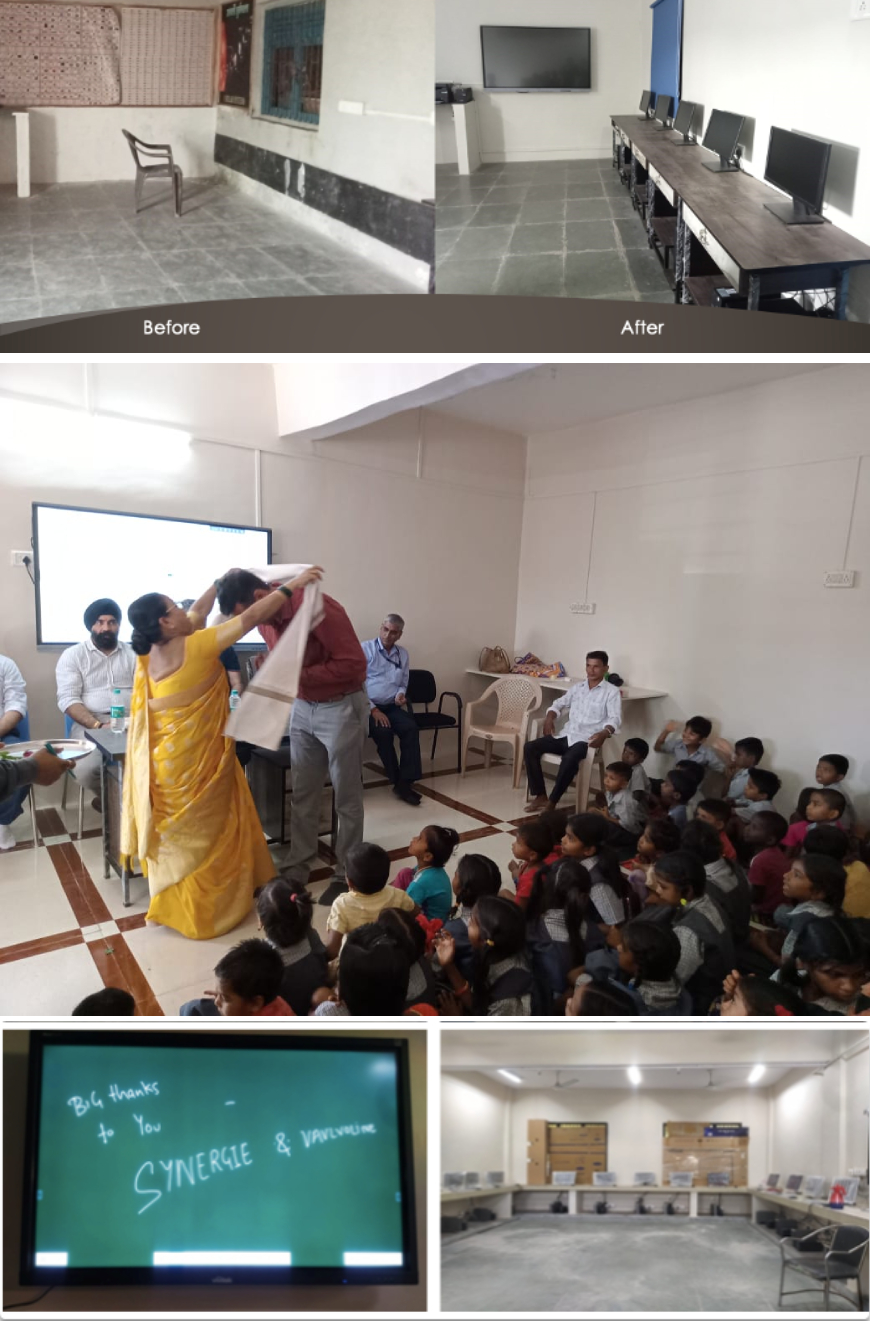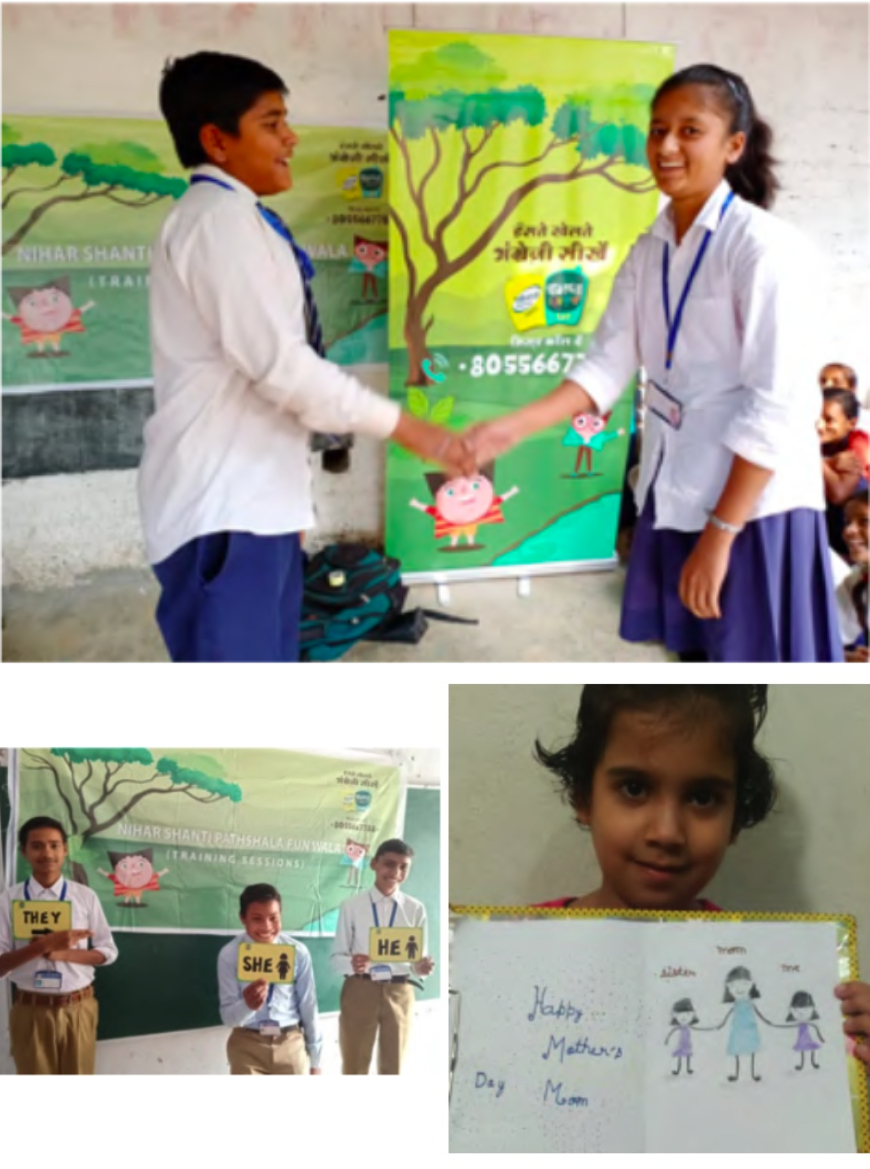INFORMATION, EDUCATION AND CONTENT (IEC) DESIGN AND DEVELOPMENT
Synergie believes that a behaviour change campaign starts with creating awareness, with the intent of mobilizing communities into taking action. Hence, to effect behaviour change, the campaign should pivot its IEC strategy on evidence based behaviour change techniques. The IEC material should not only be available in various mediums such as print, media and customized to local norms/culture, but also have cutting edge content design and development including animations, videos and infographics.
Synergie’s IEC team understands the importance of effective communication for the success of any program and combines technological and domain experience to create highly impactful content for its customers.
CASE STUDY: ROAD SAFETY COURSE CONTENT CREATION WITH BRITISH PETROLEUM
As per WHO, India accounts for 20% of global road fatalities. Further, the accident severity, which is measured as the number of persons killed per 100 accidents has increased from 29.1 in 2015 to 31.4 in 2016.
413 people die every day and almost 10% of the victims are children; 43 children below the age of 18 years die on Indian roads every day. Children are victims of accidents; either as passengers or when they are walking/ cycling on the roads. Today’s children are also tomorrow’s drivers and influencing them early ensures better road users in the future. Multiple areas of behavioural change interventions have shown that women and children are great influencers of families, making them prime targets for educational interventions.
Responding to the crisis of deaths and injuries caused by road accidents, the Supreme Court has set up the Supreme Court Committee on Road Safety (SCCRS) with the key objective to promote safety on roads and reduce accidents in India. One of the key pillars identified by SCCRS is “education” with special focus on including road safety as part of school curriculum and building capacity of teachers to teach road safety.
Synergie, as part of the CSR initiative of BP India (erstwhile British Petroleum) created a comprehensive road safety curriculum for K-12 students. The content had inputs from a task force comprising of IIT Delhi, SIAM, UNGCNI, Government organisations, principals of private and government schools, subject matter experts and traffic police.
The content was based on ABC framework (Awareness, Behaviour and Choice), to help students improve their functional skills while interacting with traffic. The content combines domain and technology expertise to provide a very practical approach to making children safe on roads. The course content is modular, activity oriented, interspersed with animation videos and has content for both teachers and students.



